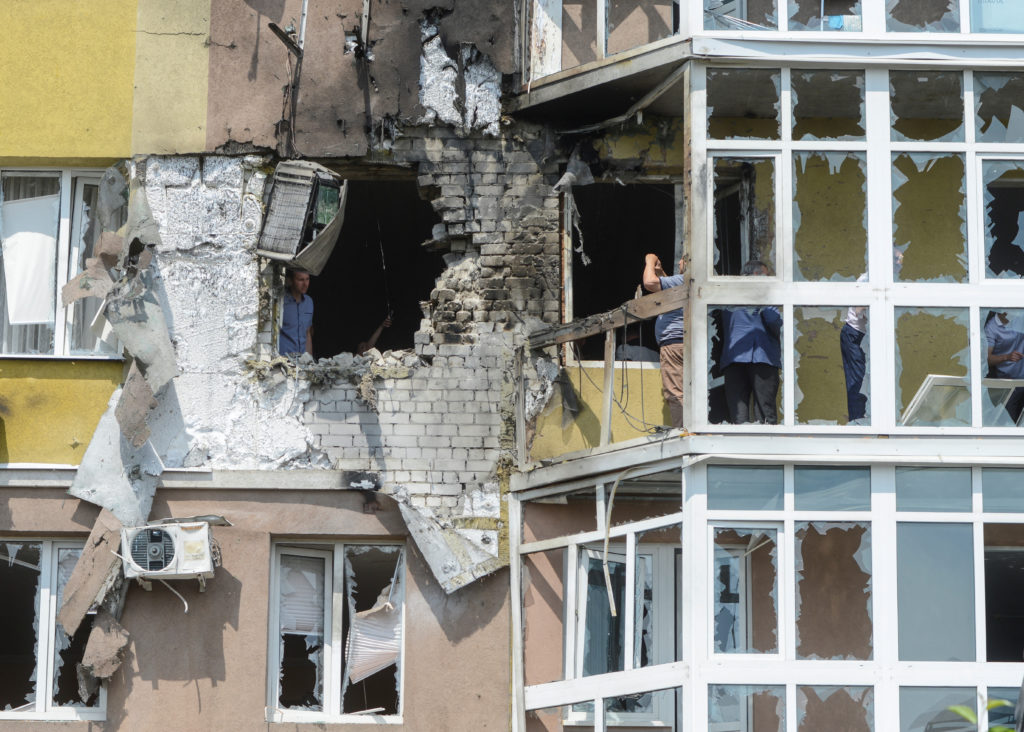Early Friday, the Russian Black Sea port of Novorossiysk, a crucial hub for the country’s oil exports, experienced a significant disruption when a Ukrainian drone attack damaged a docked ship, apartment buildings, and an oil depot. Three crew members aboard the vessel were injured, according to Russian officials.
The incident sent global oil prices up by nearly 2%, reflecting concerns over potential supply disruptions. Russia’s oil infrastructure has repeatedly faced similar attacks this year, including strikes on Baltic and Black Sea ports, pipelines, and refineries.
Industry data revealed that crude oil shipments through Novorossiysk reached 3.22 million tonnes in October, averaging 761,000 barrels per day. From January through October, total shipments amounted to 24.716 million tonnes. Exports of oil products via Novorossiysk totaled 1.794 million tonnes in October and 16.783 million tonnes for the first ten months of 2025.
“Novorossiysk suffered the most,” stated Veniamin Kondratyev, governor of the Krasnodar region, on social media. He described how more than 170 personnel and 50 pieces of equipment worked overnight to extinguish fires and assist residents affected by the attack.
The injured crew members are receiving treatment in local hospitals. Officials confirmed that the fire at the Sheskharis terminal, which handles crude oil and product exports, has been extinguished. Additionally, drone fragments damaged at least four apartments, shattering windows, though fortunately no civilians were harmed. Coastal structures also sustained damage, though details remain limited.
While the reports come from Russian authorities, Reuters could not independently verify the claims, and Ukrainian officials have not commented on the attack.
The incident highlights the ongoing tensions in the region and the human and economic costs of conflict, reminding us that behind headlines about oil and infrastructure, real people—residents, workers, and families—face the immediate impact.








